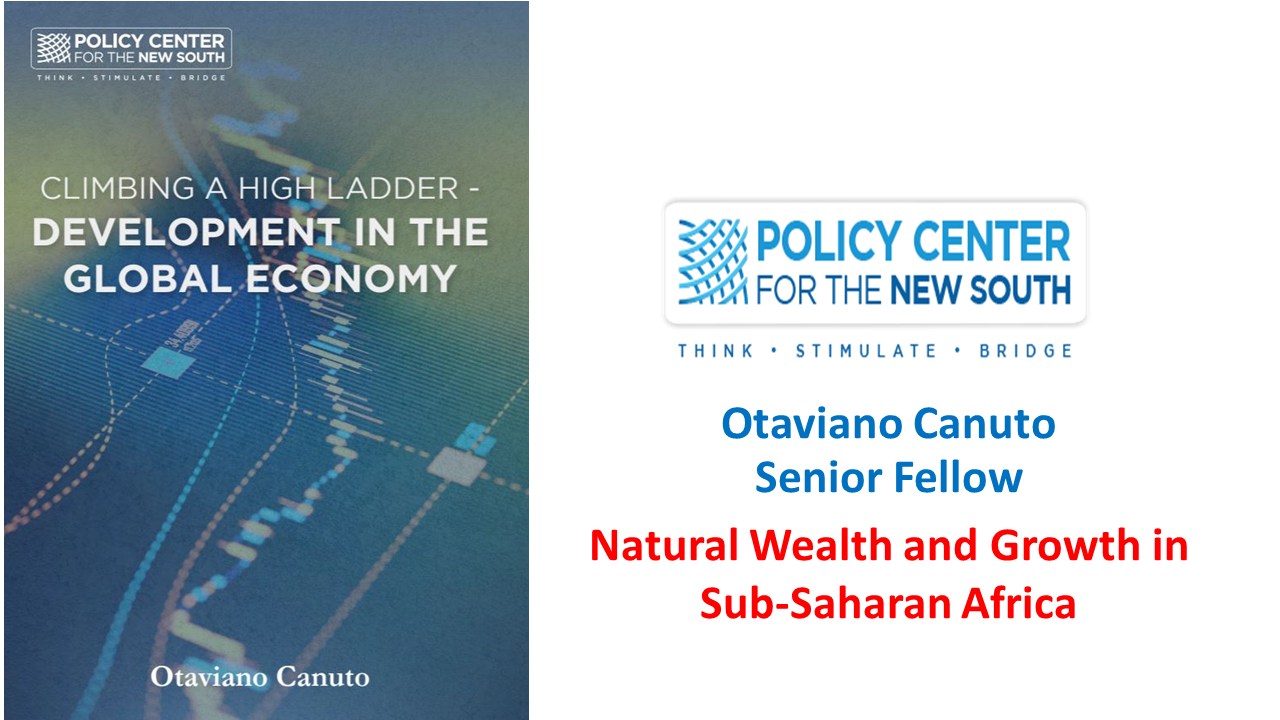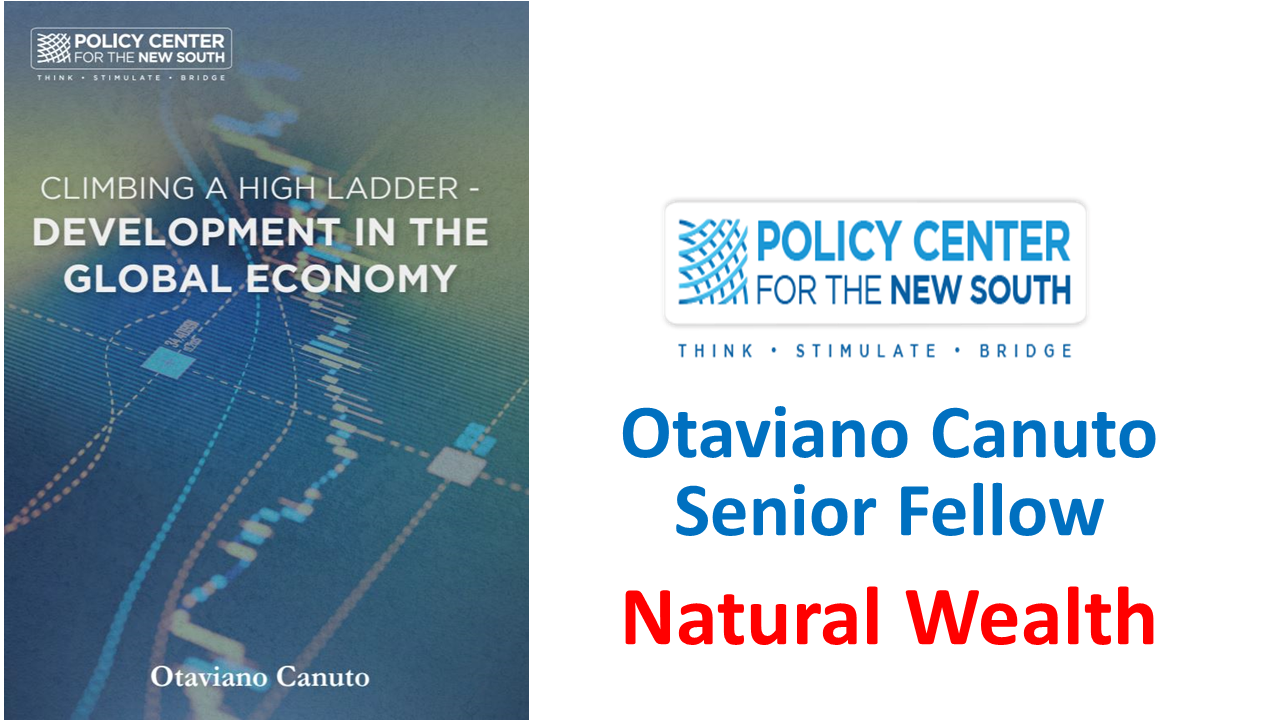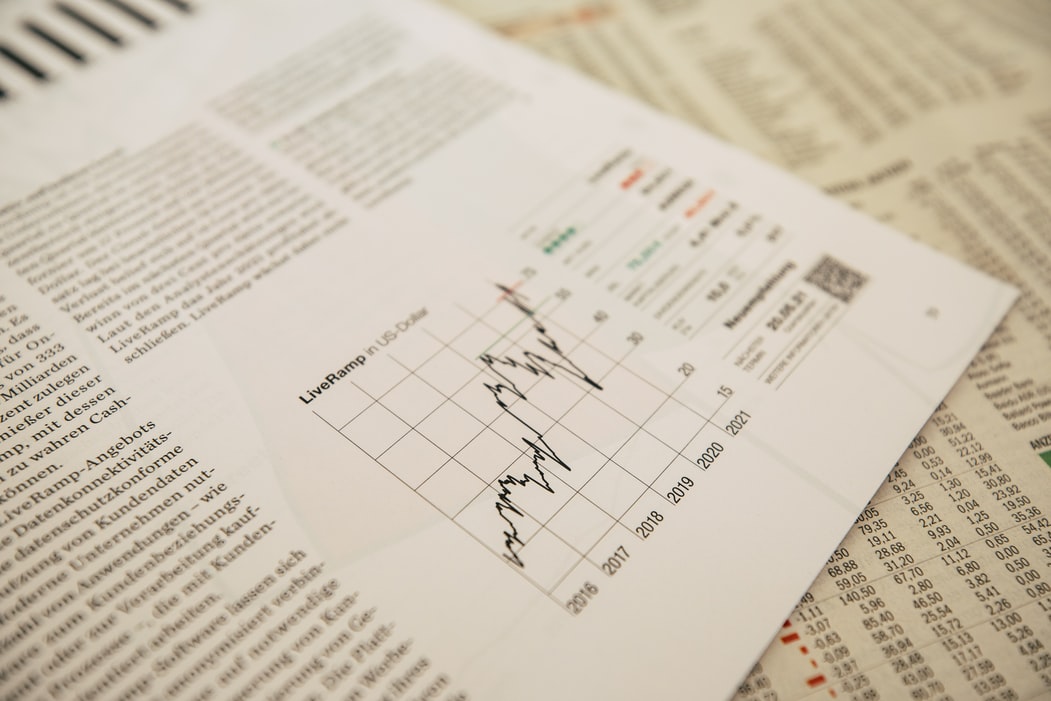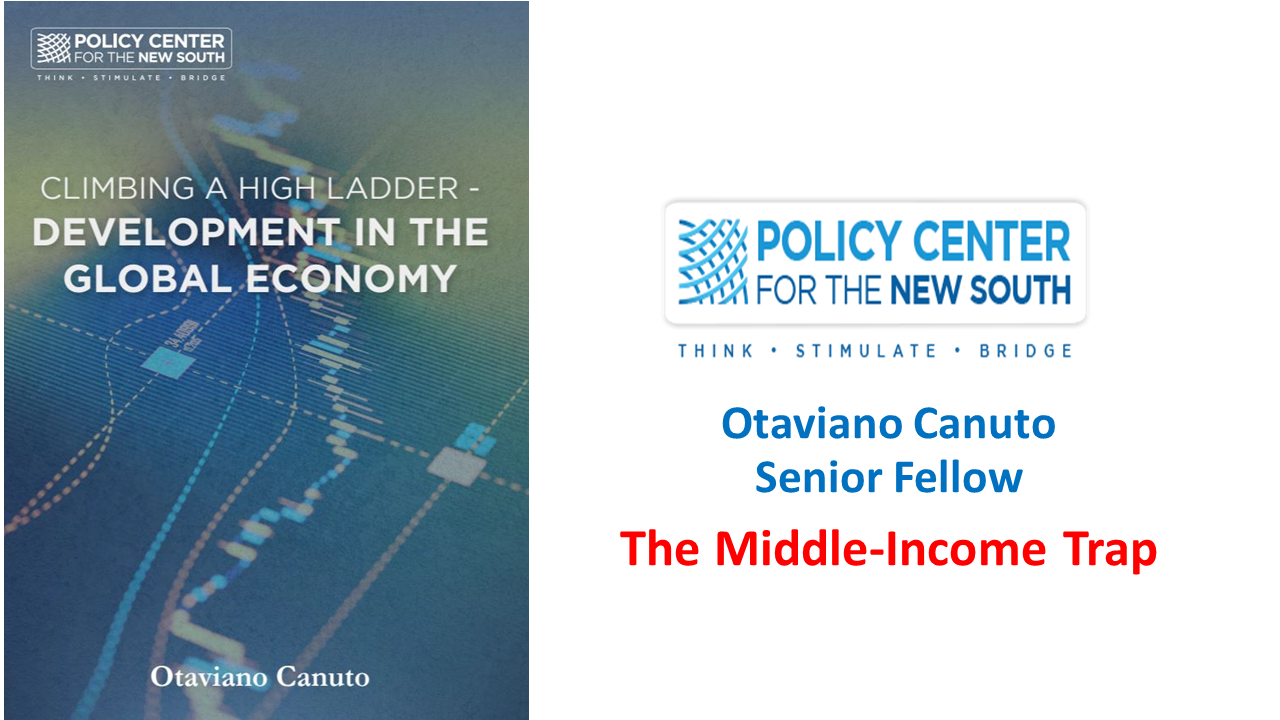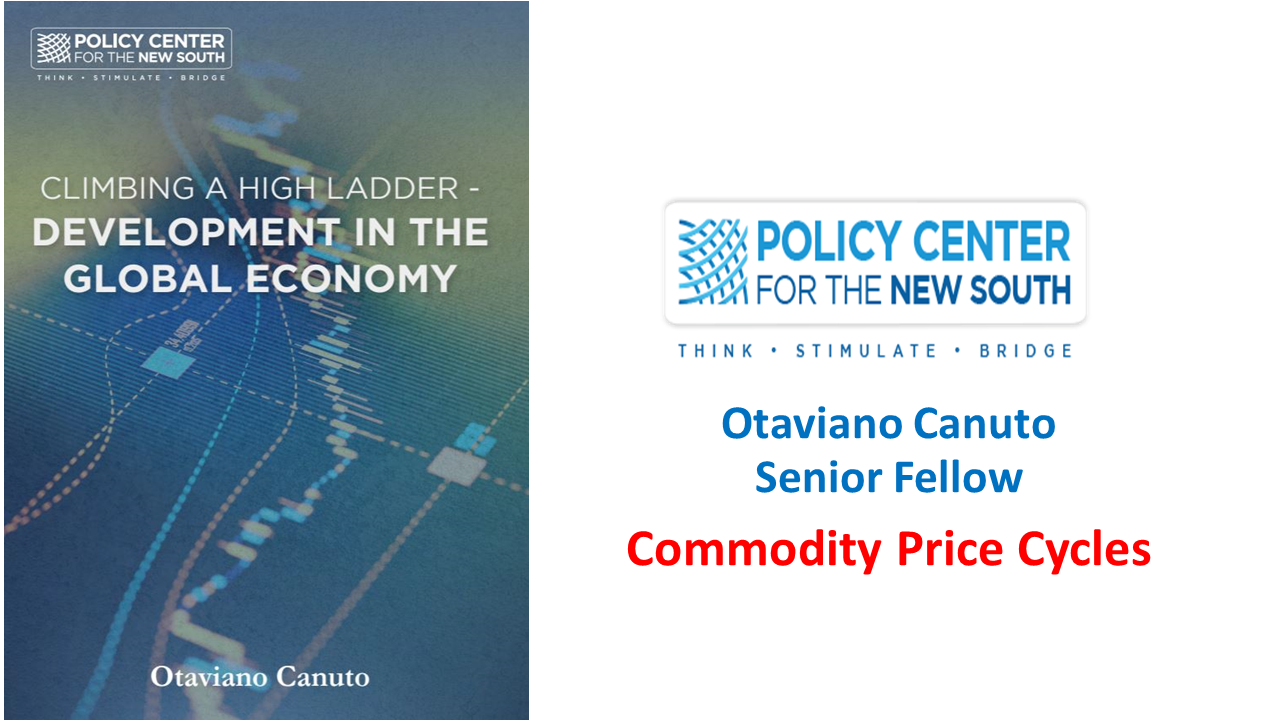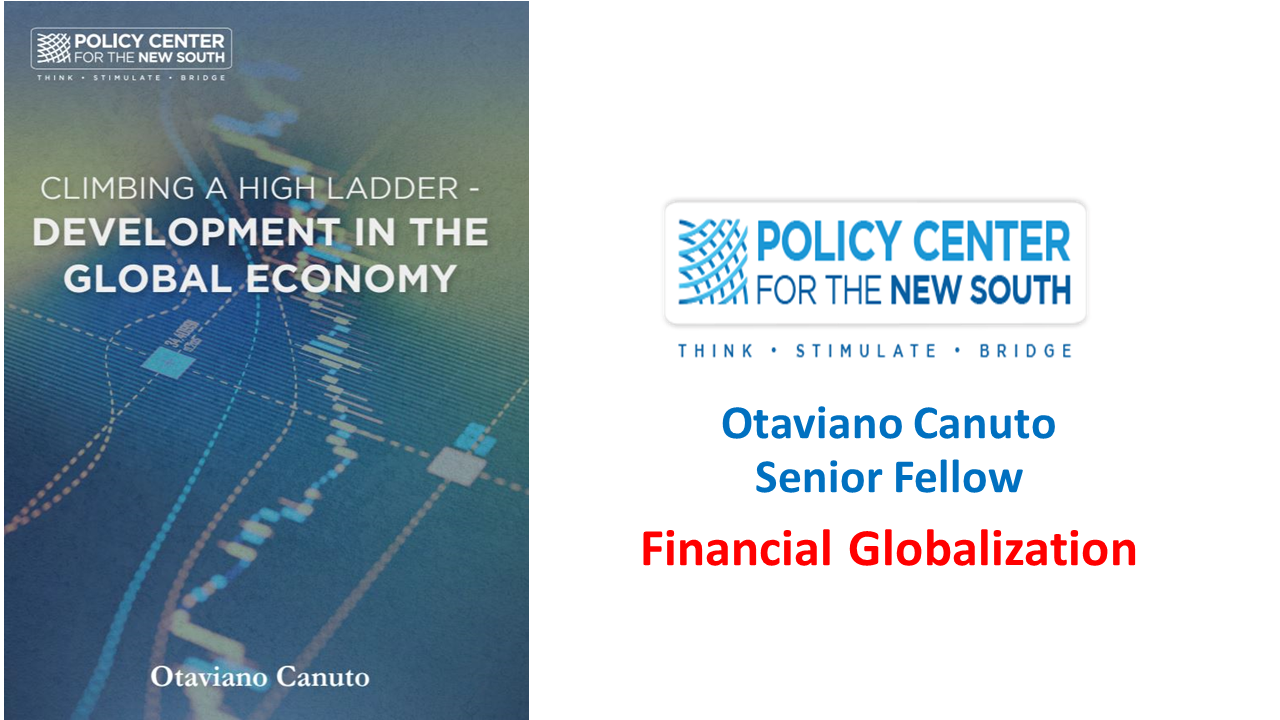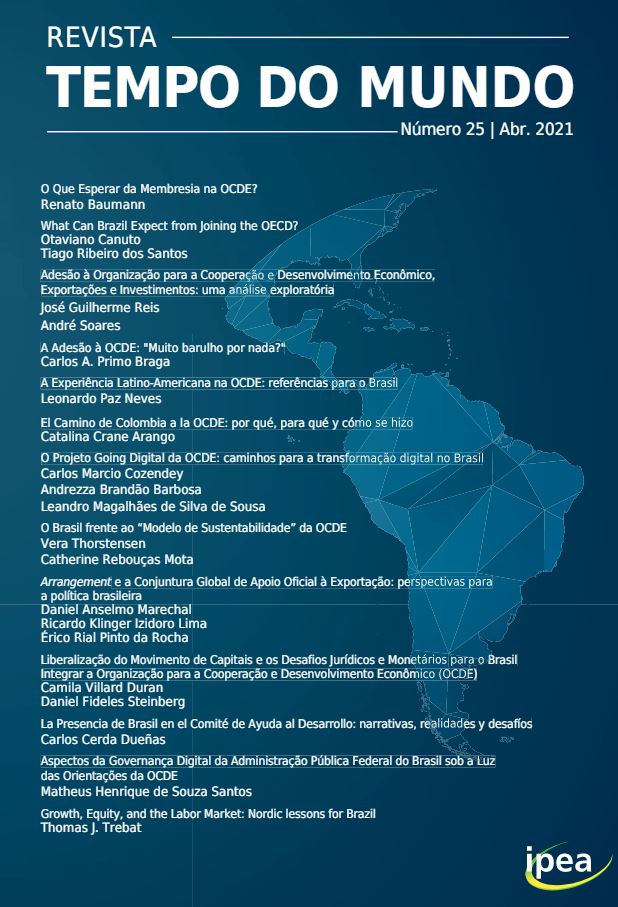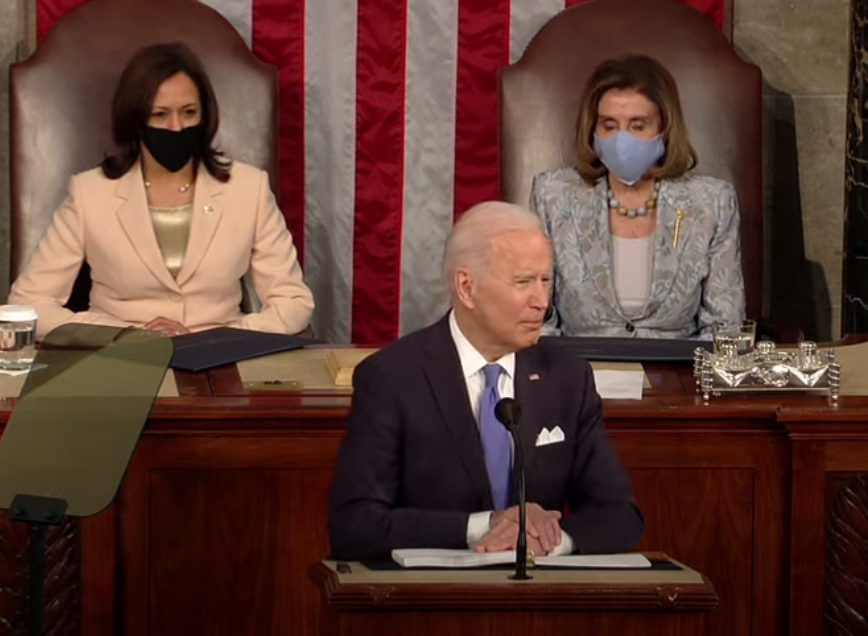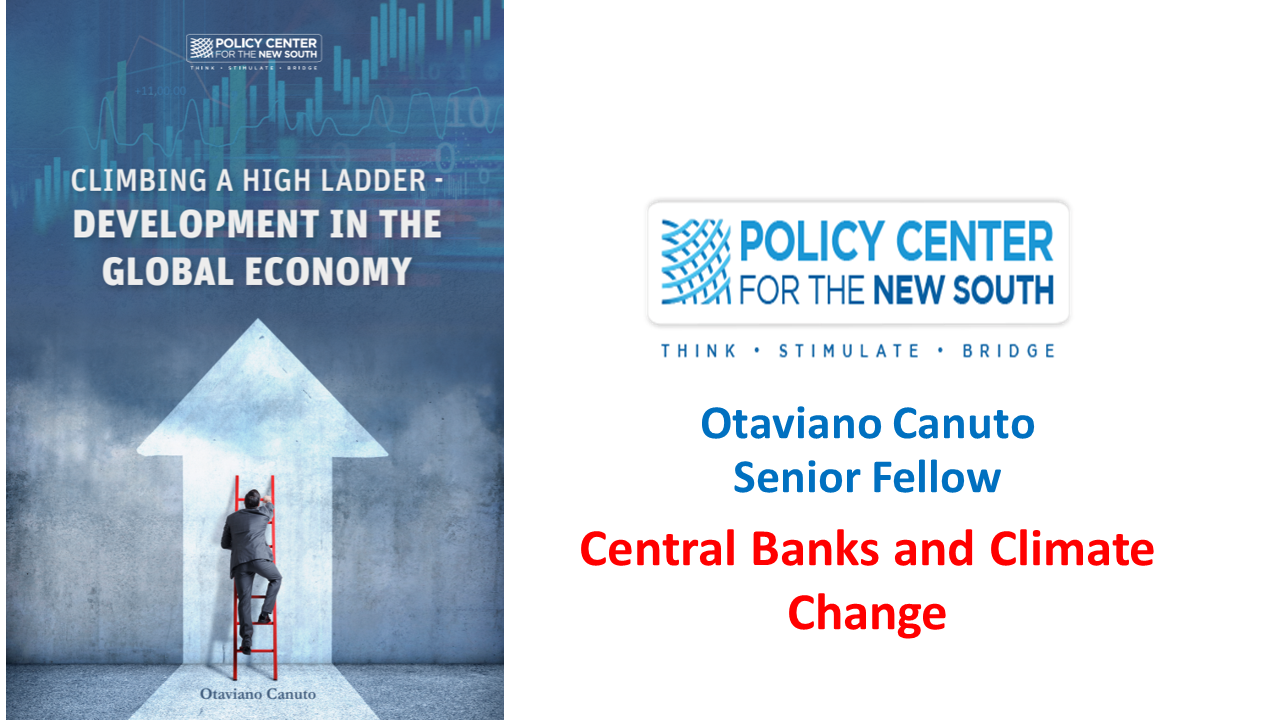Global Recovery May Not Be Enough for Latin America
The massive vaccine disparities between advanced and developing economies may exacerbate what the IMF has dubbed “divergent recoveries” – with dire consequences for Latin America. A robust recovery in the United States, European Union and China, while largely beneficial to the global economy, conceals some important risks for those falling behind. A successful post-COVID recovery in Latin America should be defined as an inflection point towards more resilient, inclusive, and productive growth patterns.


